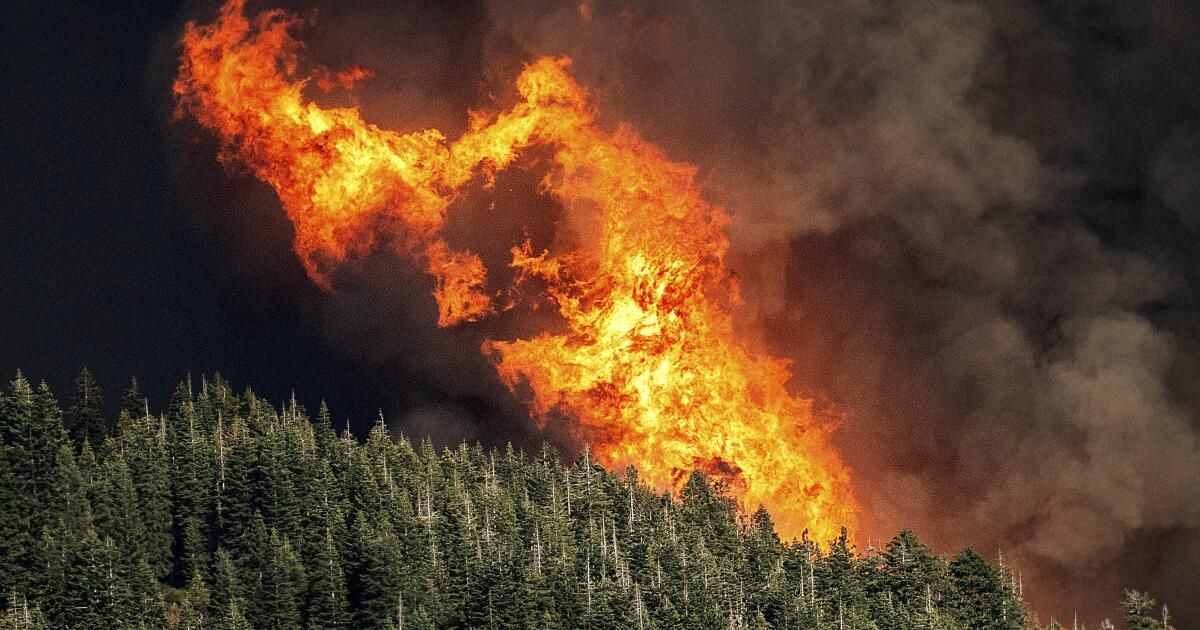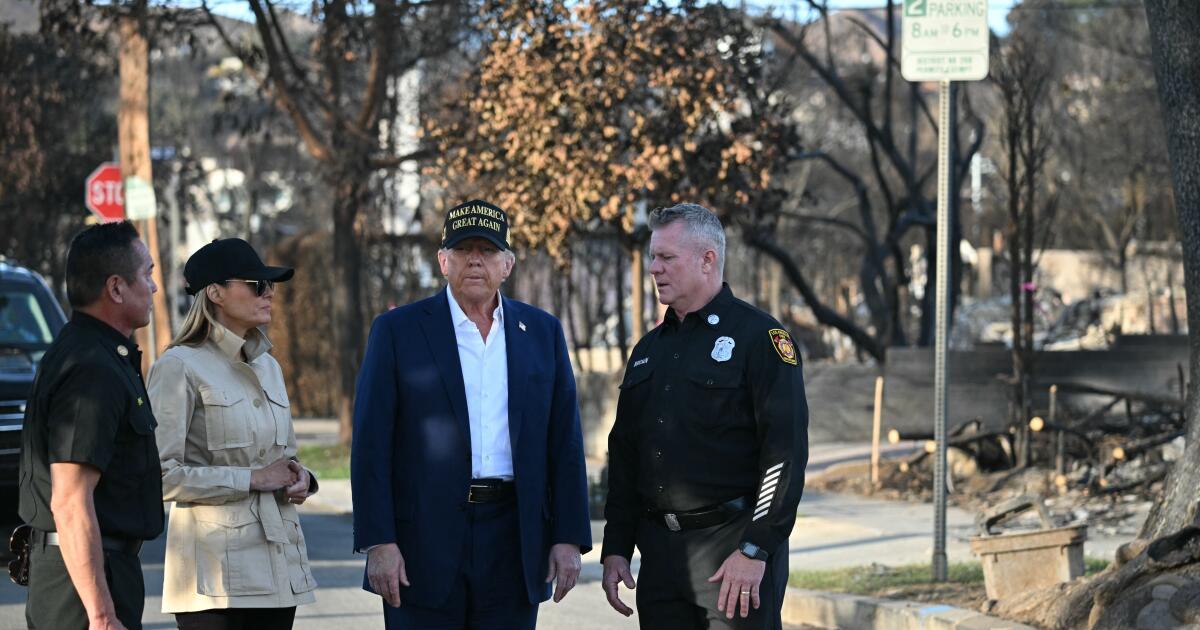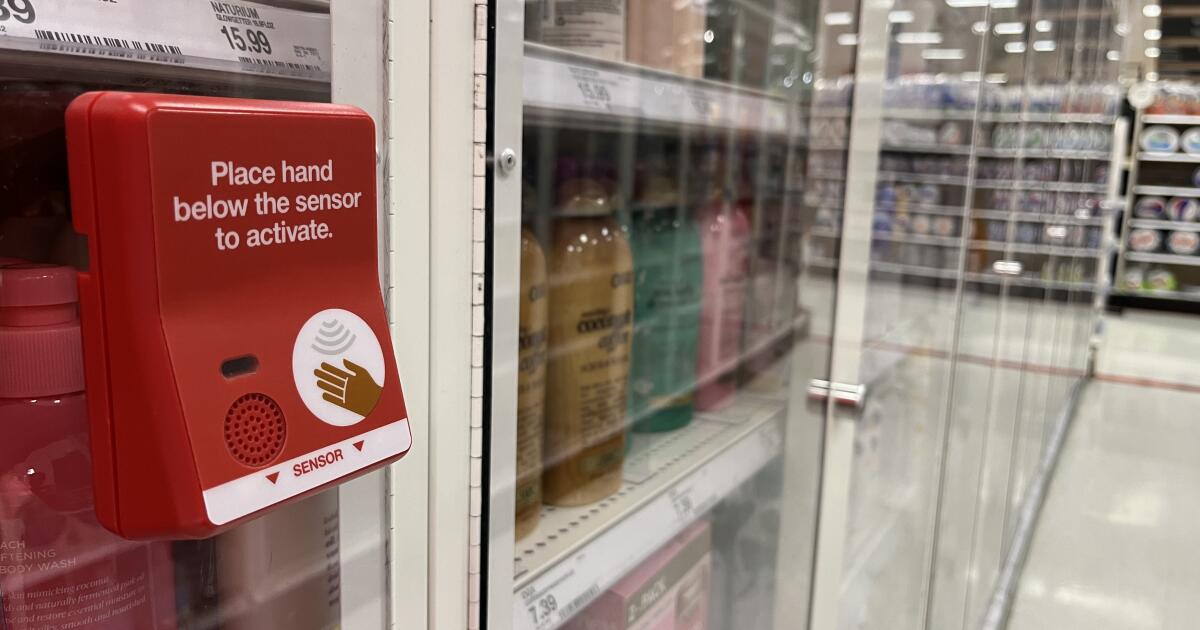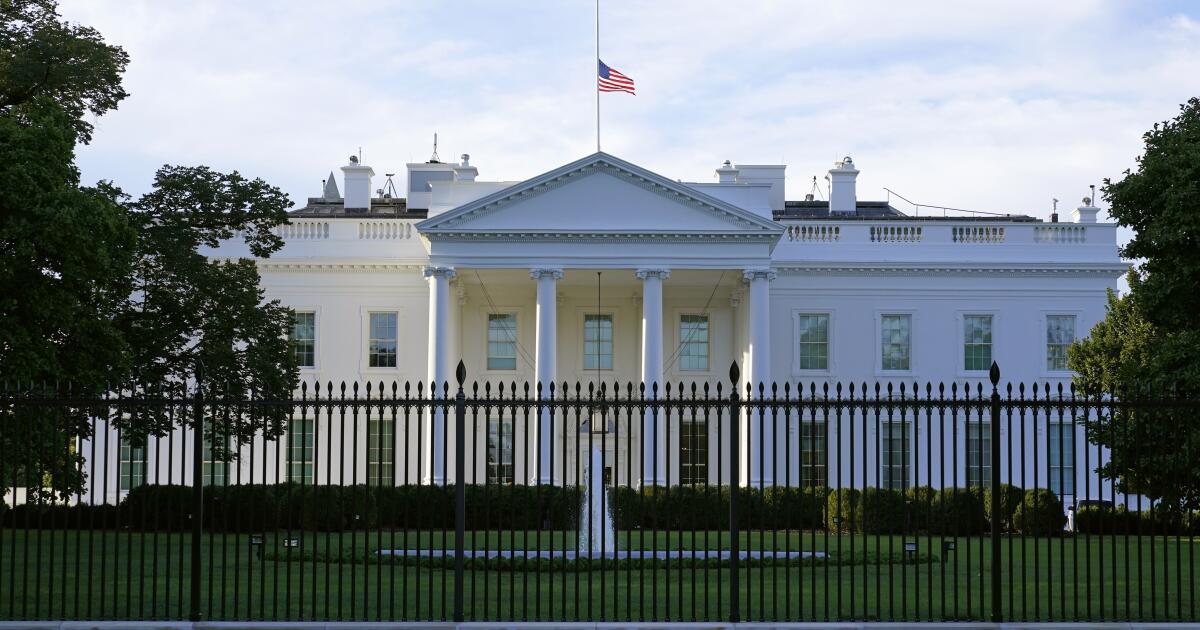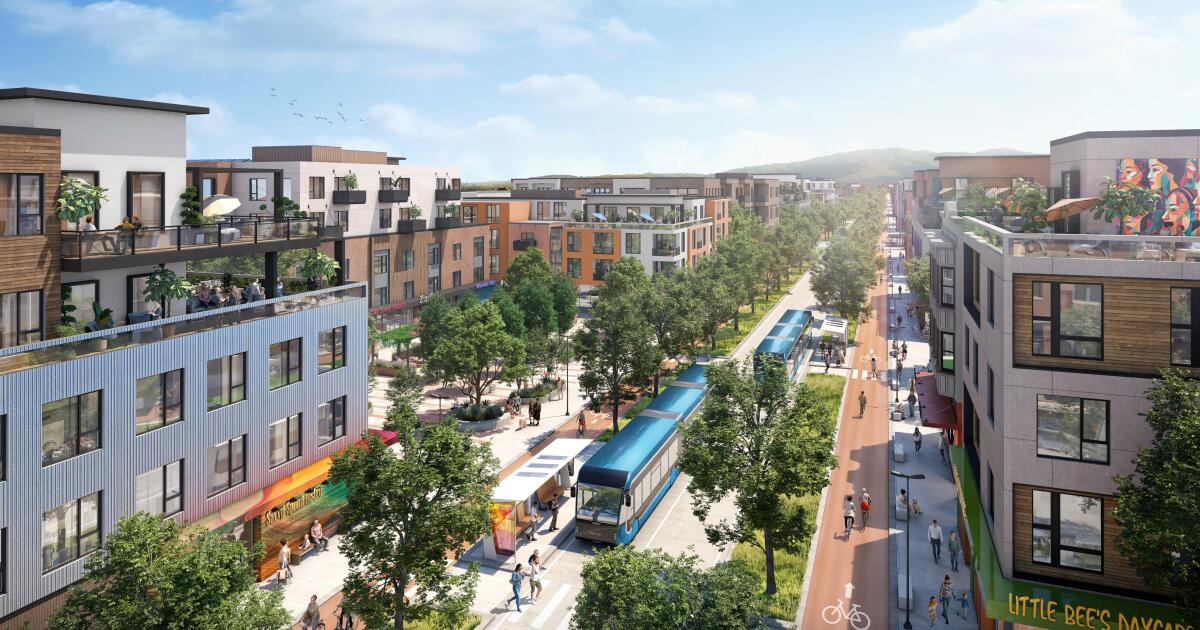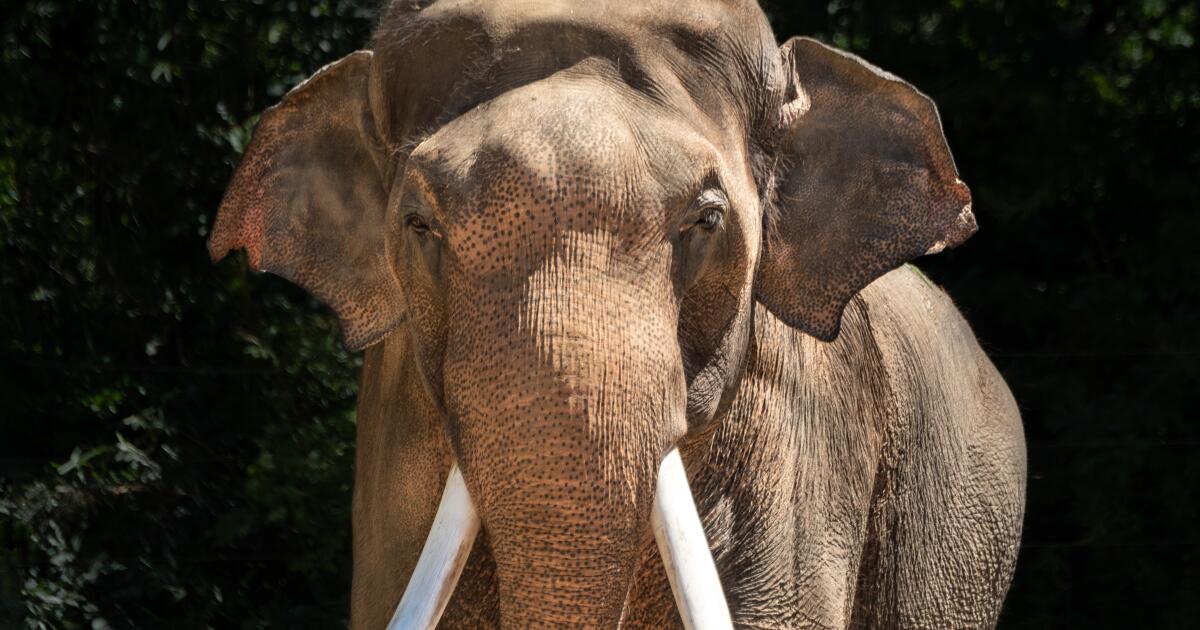A few years ago, while visiting Hiroshima, Japan, I attended a talk by a well-known peace activist and hibakusha — an atomic bomb survivor. Keiko Ogura was 8 years old on August 6, 1945, and lived with her family just two kilometers from ground zero, in a sheltered house behind a small hill. She recounted harrowing memories that would shape the rest of her life. When I spoke to her afterward, she told me that while it was important for all survivors to warn others about what they had seen, the testimonies of those who had been children that day were especially important. “Without showing what happened to a child,” she said, “the world cannot understand.”
I am a pediatrician in Reno, the fastest-warming city in America. Keiko Ogura’s words haunt me as I look into the eyes of the babies and children in my clinic. A slow-motion bomb is exploding over their heads, and unless parents understand the urgent political decision they must make in November, these children will bear the agony and pain of our decisions long after we are gone.
The “bomb,” in this case, is the billions of tons of carbon pollution that have been spewed into Earth’s atmosphere through the burning of fossil fuels. They now form a heat-trapping blanket over the planet, and the damage is visible everywhere. Last month, neighborhoods in Reno fell silent. like a severe heat wave The heat brought a string of days with temperatures above 100 degrees, unheard of here, and forced kids indoors, depriving them of normal summer activities. We know what can happen after that kind of heat, and we kept a wary eye westward, waiting for smoke from the next megafire to begin spreading over the Sierra Nevada. It soon arrived: haze from California’s Park Fire and the Crozier Fire is now polluting our air.
We are not alone. Tens of millions of Americans—from already hot places like Miami and Las Vegas to normally cool cities like Missoula, Montana, and Portland, Oregon—have endured extreme heat this summer, with many cities breaking temperature records. Hurricane Beryl, the earliest Category 5 and Category 4 storm on record, slammed into Texas and Tropical Storm Debby drenched the East Coast with precipitation intensified by climate change.
Beyond the headlines, there are thousands of untold stories of children who are being harmed. Because of their different physiology, small size, dependence on adults, and still-developing organs, the littlest among us are especially vulnerable to the health threats posed by a warming world: heat waves, wildfires, hurricanes, infectious diseases, air pollution, and more. Unlike a literal bomb, however, climate change harms children in insidious, indirect ways — and parents may not even realize they have been harmed.
Take the wildfire smoke that now regularly envelops my town. Smoke is packed with fine and ultrafine particles—microscopic soot and droplets laced with heavy metals and toxic chemicals—that are also found in fossil fuel emissions, such as car exhaust. We know that children who are chronically exposed to particle pollution tend to have smaller, stiffer lungs; moving to an area with clean air before they finish growing can increase their lung capacity by 10 to 12 percent. And we know that the tiniest particles don’t stop in the lungs: They’ve been found locked in Alzheimer’s-like plaques in the brains of children living in heavily polluted neighborhoods, and chronic (even prenatal) exposure increases the odds of autism, ADHD, and cognitive and behavioral problems.
Parents know if their child tires easily on the playground or struggles at school. But because the effects of climate change on children are neither immediately obvious nor easy to demonstrate in a single child, fossil fuels generally escape blame. 4 month old baby and a 10 year old boy In Arizona, when two children died of heat stroke during a family outing in July, many were quick to criticize the parents. Few focused their ire on the fossil fuel industry, which made the temperatures that killed both children much more likely.
Extreme heat hits children in low-income families or cities that haven’t needed air conditioning in the past particularly hard. A 2022 review of data from 47 children’s hospitals across the country found that pediatric emergency room visits increased 17% in hot weather. Domestic violence, child abuse, and child neglect also increase as high heat reduces parents’ ability to cope. Children struggle to learn in school. The risk of babies dying in hot cars or athletes passing out on the field increases. And air pollution and heat have profoundly negative effects on pregnant women, fetuses, and newborns, increasing life-threatening pregnancy complications, premature births, infant mortality, childhood cancers, and more.
And today's children face another, deeper threat. Like Ms. Ogura, they may one day have to survive in a world none of us would recognize. If we continue on our current trajectory, The UN estimates that By 2100, the Earth will have warmed by almost 3 degrees Celsius compared to pre-industrial temperatures; within a few decades, our children and grandchildren could witness a widespread collapse of ecosystems and civilization.
It doesn’t have to be this way. The Intergovernmental Panel on Climate Change has shown that if we cut global carbon dioxide emissions in half this decade, we could keep the Earth’s warming trend to or near 1.5 degrees Celsius. The Biden administration’s Inflation Reduction Act of 2022, aided by rapidly falling solar and battery prices, has ignited a green energy and manufacturing revolution in America and raised hopes that we will meet those goals.
But Project 2025, Trump’s controversial plan for a second term, calls for dismantling our clean energy progress.
Over the years I have witnessed countless times the fierce protectiveness of parents, but they cannot protect their children from climate change unless they understand the urgency of the moment. If we squander the narrow window of time we have to prevent the worst and increase emissions instead of reducing them, the consequences will be devastating.
On that terrible day nearly 80 years ago, Keiko Ogura survived because her father, worried after hearing air raid sirens the night before, kept her home and didn't take her to school. American parents are facing a similar moment now. Rising heat waves, wildfires and hurricanes are our sirens. We must pay attention to what is happening to our children and protect them.
Debra Hendrickson is a pediatrician and clinical professor at the University of Nevada School of Medicine. She is the author of “The Air They Breathe: A Pediatrician on the Front Lines of Climate Change.”

